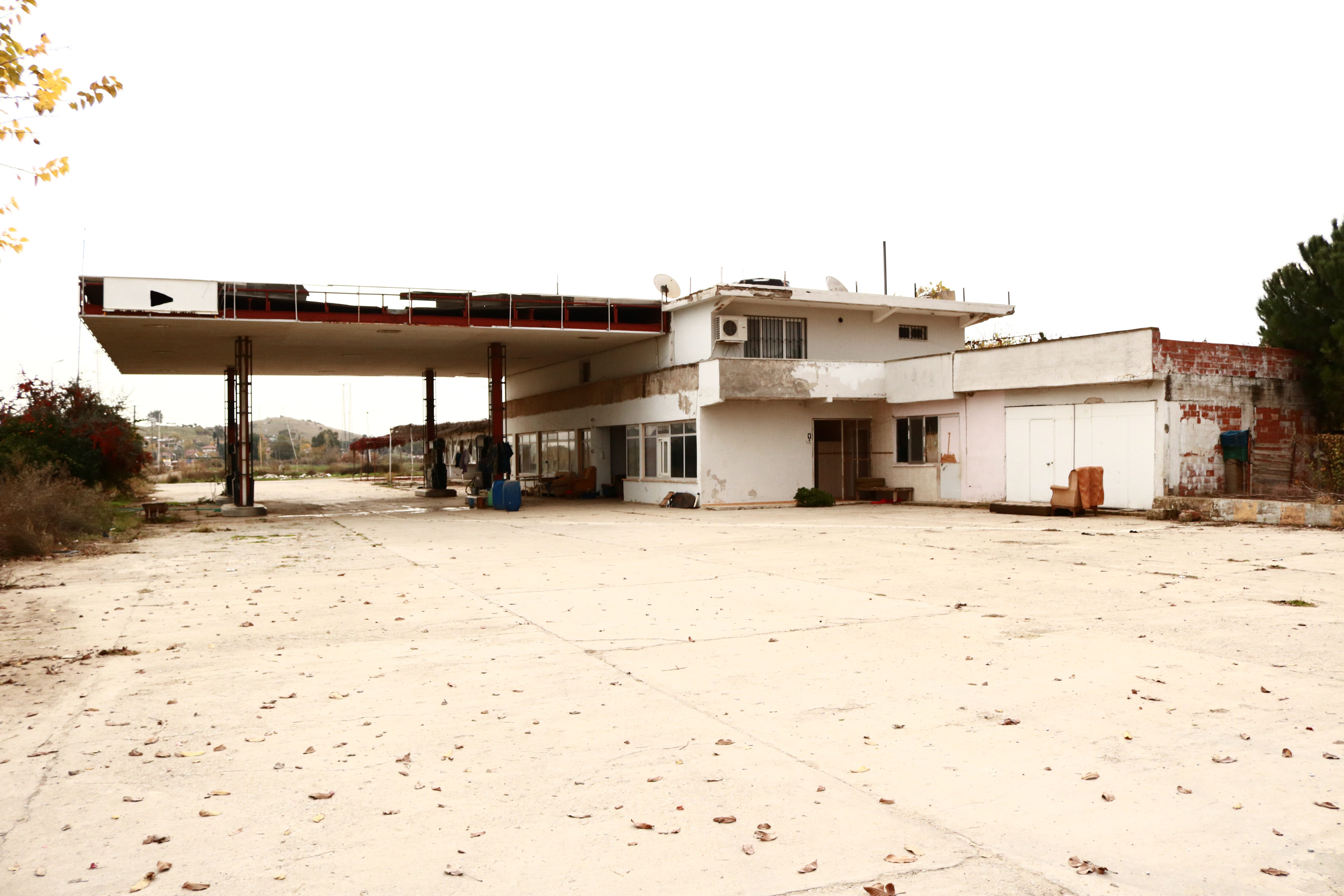Nigeria National Petroleum Corporation (NNPC) operates as a state-owned company the government uses as the regulator and partial distributor of petroleum liquids in the country. Its inception in 1977 gives hope for average Nigerians who are expecting an economic boom. But almost five decades after, this expectation is yet to be seen; instead, the corporation has been plagued with corruption and mismanagement of resources which do not only cost Nigerians their tax funds but also their lives.
The most devastating and glaring damage is the consistent fire blast from the corporation’s petrol pipes, caused by lack of maintenance. By current regulations, NNPC’s profits, along with the tax naira, is supposed to pay for the maintenance of state-owned refineries, but these have refined no oil for decades.
For all this to stop, the ownership of the refineries and management of pipelines need to change. That is, NNPC should be privatized.
Between 2001 and 2019, NNPC’s director, Mele Kyari, noted that there were about 45,347 pipeline breaches, many of which killed civilians. For instance, a blast in March 2020 killed fifteen people and destroyed several houses in Lagos.
NNPC is fond of shifting blame and evading responsibility. The company often blames oil thieves for sabotaging pipelines and causing explosions. Regarding the Lagos fire, it blamed a truck driver for ramming into gas cylinders and causing a fire outbreak near the pipelines.
[perfectpullquote align=”right” bordertop=”false” cite=”” link=”” color=”” class=”” size=””]No longer would the lives of Nigerians be needlessly snuffed out by the mind-boggling mismanagement of a state-owned company.[/perfectpullquote]
However, an investigation exposed that erosion had washed away the sands covering the pipe, leaving it vulnerable. Thus, once again, NNPC’s failure to maintain its pipes led to death and destruction.
It’s also well-known that NNPC is rife with corruption. In 2016, NNPC’s Auditor-General issued a shocking report, revealing that the company was missing $16 billion which was supposed to be paid into the state treasury. In June 2020, political activist Timi Frank revealed that the corporation’s Group Managing Director (GMD) was involved in an illegal oil deal worth $2.5 billion with a Chinese company.
Corruption has plagued NNPC since its inception, and with recent instances, it can only get worse. Former Nigerian Petroleum Minister, Alison Madueke, for instance, was accused of massive corruption. She left the country and never returned to defend herself.
Many state-owned refineries have been in a dilapidated condition for decades. An analysis revealed that two refineries consumed N85.9 billion in 13 months—but refined no oil. And Nigeria vice president, Yemi Osinbajo has admitted that the refineries ought to be turned over to the private sector.
Privatization, as proposed by the vice president, will boost productivity and significantly reduce—if not eradicate—corruption. As has been shown time and again, competition in the market stokes innovation and leads to lower prices. Because success in the market is determined by how well a company serves its customers, all the industries relying on oil will benefit as well. And because every company relies on energy, this means every company in Nigeria will be better off.
No longer would people have to deal with shoddy service. No longer would they be subject to the arbitrary price hikes dictated by corrupt executives. No longer would the lives of Nigerians be needlessly snuffed out by the mind-boggling mismanagement of a state-owned company.
For an example of privatization success, just look to the nation’s telecommunication sector. Established in 1985, Nigerian Telecommunications Limited (NITEL) was a government-owned telecommunication company that operated as a monopoly until 1992 when the government, finally fed up with its dysfunction, began deregulating the industry.
NITEL’s noteworthy competitor was Private Telecommunications Operators (PTO). And while new companies such as MTN and V Connect were flourishing in the newly deregulated sector, NITEL was suffering to cope. Finally, in 2006, the government sold 75 percent of NITEL to Transcorp, a Nigerian multinational company. The remaining 25 percent was later sold to Nigerian companies. Unlike 30,000 phone subscribers in 2000, there are currently more than 203 million phone subscribers in Nigeria.
Deregulation has taught only one lesson: privatization promotes efficiency and effectiveness. There’s only one way for oil to become a flourishing industry in Nigeria—privatization. The way forward is obvious.
Abdullah Tijani writes for Students For Liberty. He was a 2019 writing fellow at African Liberty.
Photo by Duman Photography on Unsplash.

